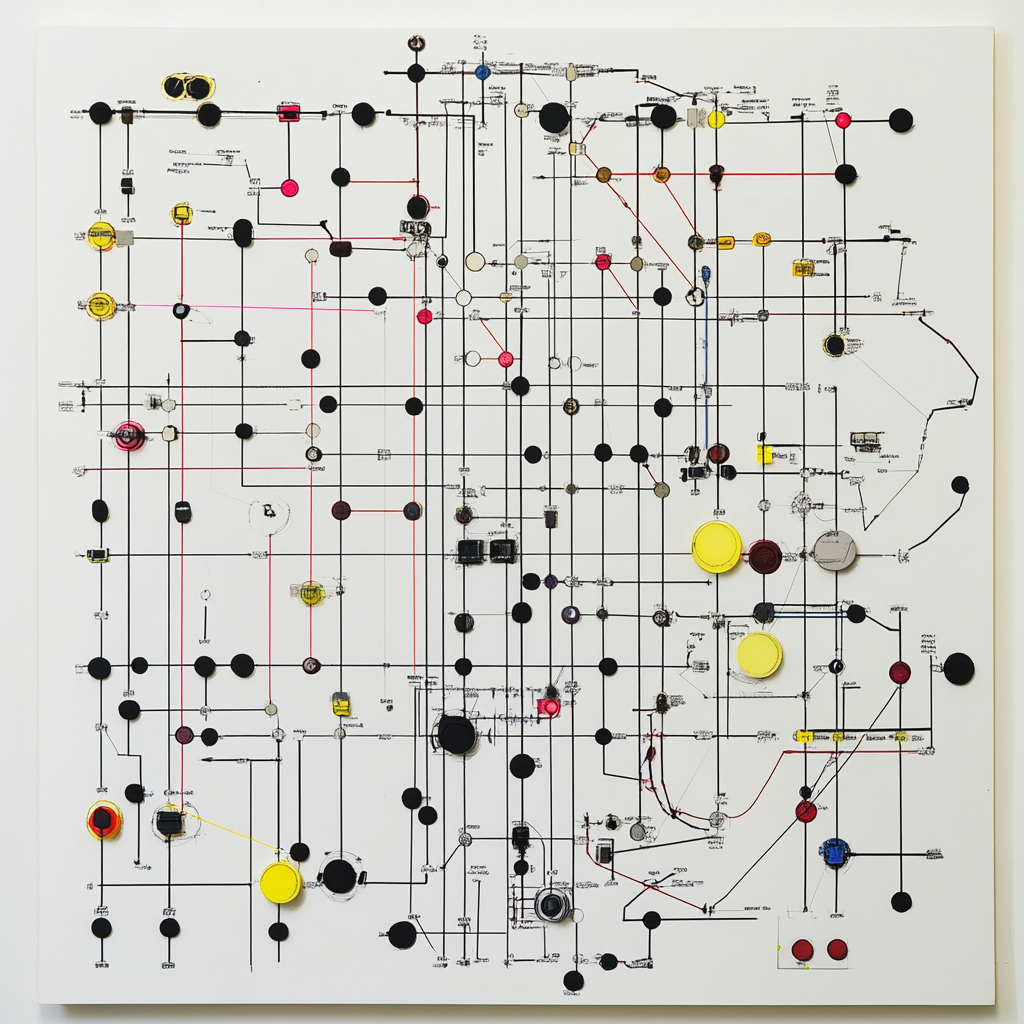When Procedure Eats Humanity (and Spits Out TPS Reports)

Ever had a moment where you wanted to take a baseball bat to a printer? Join the club. That iconic "Office Space" scene resonates because we've all faced the maddening triumph of procedure over common sense. It's that moment when you realize the system designed to help is actually the villain in your story.
The Procedure Zombies Are Among Us
Picture this nightmare: It's 4:55 PM on Friday. Your weekend plans hang in the balance. You make one last desperate call to resolve an issue that would take approximately 3.5 minutes to fix.
Procedure Zombie: "I'm sorry, but you'll need to fill out Form B-7 (not to be confused with B-7A). Once submitted, it enters our priority queue with a 48-hour response time. Inhuman smile. It's policy."
Actual Human Being: "Let me see what I can do right now. If we can't fix it in the next few minutes, I'll personally make sure someone follows up first thing Monday. I'm not letting your weekend get ruined by paperwork."
The Procedure Zombie isn't technically wrong. They're just dead inside, their soul gradually extracted by the very rulebook they now worship.
The Absurdity Highlight Reel
When procedures become our new religion:
*Phone Tree Hell: "To repeat all 17 options, please hang up and call again."
*The Circular Logic Loop: "We can't help until you fill out Form X, but you can't get Form X until we help you."
*The Bureaucratic Paradox: "I understand you're calling about your missing package that contains the ID you need to report your missing package."
*The Severance Special: Spending hours practicing stapling documents "the right way" because someone, somewhere decided there's only one correct angle for a staple.
The Collateral Damage
Behind every rigid procedure:
*Customers develop eye twitches: "If I'm told 'it's company policy' one more time, I might need therapy."
*Good employees become cynical husks: "I know exactly how to fix this, but I need approval from three managers who are all on vacation."
*Innovation flatlines: "We've always put the peanut butter on before the jelly" becomes a hill people are willing to die on.
Great Escapes from Procedure Prison
The workplace heroes we need:
*The manager who said, "I realized I was spending more time documenting why my team wasn't meeting metrics than actually helping them solve the problems. The reports became more important than reality. So I stopped."
*The rebel who created an "unofficial workaround" that everyone secretly uses because it actually works.
*The new CEO who dramatically reduced the 200-page policy manual to: "Use good judgment and don't be a jerk."
Breaking the Chains (Without Burning Down the Building)
How to maintain your humanity in a world of procedures:
*The "But Why?" technique: Channel your inner toddler and ask "why?" until you reach the original purpose—or discover there isn't one.
*The Reality Check: If explaining your procedure makes you sound like a character from a Kafka novel, it's probably broken.
*The Human Override: Create a simple rule that trumps all others: "When the procedure hurts more than it helps, try something else."
*The Empowerment Switch: Give people permission to occasionally color outside the lines when it serves the greater good.
1. The Sweet Spot
The magic happens when:
2. Structure prevents chaos and provides guidance
Human judgment can override when the procedure becomes the problem
As the (remarkably short) Nordstrom employee handbook says: "Use good judgment in all situations." That's it. That's the whole thing.
The Revolution Will Not Be Proceduralized
Life's too short to be a Procedure Zombie. Systems should serve people, not slowly consume their souls. Otherwise, we're all just filling out TPS reports with the wrong cover sheets, dreading the inevitable visit from five different bosses reminding us about our mistake.
And nobody wants to be that person at the party who responds to "How's work?" with "Well, I ensured 100% compliance with subsection 5.3 of the internal documentation standards."
Be a human. Help other humans. Sometimes that means following the rules. And sometimes it means recognizing when the rules have forgotten why they exist in the first place.